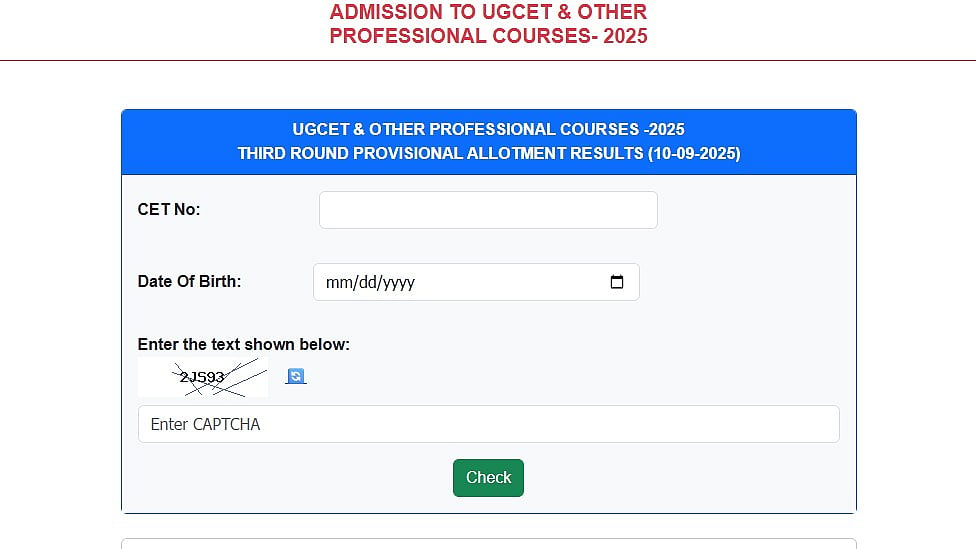The Trump administration has revoked Harvard University's authorisation to host international students. This was done by stripping the university of its SEVP (Student and Exchange Visitor Program) certification, a status required for enrolling students from abroad. Without it, Harvard is now prohibited from accepting new international students, and those currently enrolled may have to leave the US unless they transfer to another institution.
“This administration is holding Harvard accountable for fostering violence, antisemitism, and coordinating with the Chinese Communist Party on its campus,” said Homeland Security Secretary Kristi Noem in a statement on social media. "It is a privilege, not a right, for universities to enroll foreign students and benefit from their higher tuition payments to help pad their multibillion-dollar endowments. Harvard had plenty of opportunity to do the right thing. It refused. They have lost their Student and Exchange Visitor Program certification as a result of their failure to adhere to the law. Let this serve as a warning to all universities and academic institutions across the country," Noem added.
Why Did the Government Revoke SEVP Certification?
Homeland Security Secretary Kristi Noem claimed that Harvard refused to submit records related to its foreign students. She accused the university of maintaining an environment that endangers Jewish students, promoting support for Hamas, and enforcing what she described as "racist" diversity and inclusion policies. According to Noem, these issues justify federal intervention.
What Will Happen to International Students?
International students already studying at Harvard face a dilemma. Those nearing graduation will be allowed to finish their degrees. However, students who still have time left in their programs are required to transfer elsewhere or risk falling out of legal immigration status.
Can Harvard Reverse the Decision?
Harvard can still regain its SEVP certification. The university was given 72 hours by the Department of Homeland Security to submit a variety of documents, such as:
- Disciplinary reports for foreign students
- Video and audio records of protests on campus
If the university meets these requests, it might have its certification reinstated.
How Has Harvard Responded?
Harvard has strongly objected to the move, calling it "unlawful" and a direct threat to its fundamental academic principles. The university asserts that the move compromises both its mission and the overall U.S. higher education system. Harvard is currently trying to assist impacted students and is likely to seek legal action.
What's the Financial and Academic Impact?
International students are crucial to the financial stability and scholarly prestige of Harvard. They generate significant tuition revenue and contribute importantly to research. SEVP revocation, in addition to reduction of research financing, is a serious financial blow.
What Legal Power Does the Government Possess?
The Department of Homeland Security has the authority to issue or revoke SEVP certification. Critics believe that this authority should be exercised fairly and legally. Legal professionals indicate Harvard could fight the decision in court if procedures were not properly adhered to.











